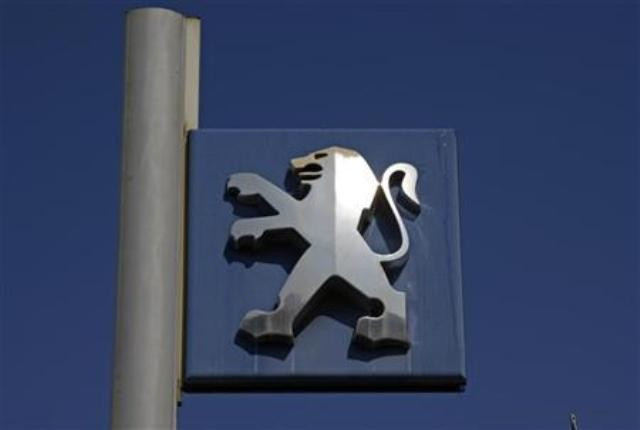Founding Family's Thierry Peugeot Quits Board Over Government-Backed China Deal

French carmaker Peugeot's deputy chairman Thierry Peugeot, a member of the founding family, has left the company's board with immediate effect after he voiced dissent over the French government-backed tie-up with Chinese automotive firm Dongfeng.
Thierry Peugeot had opposed the tie-up when he was the chairman of the company, and he stepped down from the post earlier in 2014 as his move proved unsuccessful. Subsequently, French industrialist Louis Gallois took over as chairman of the group.
The tie-up involved dilution of the founding Peugeot family's holding in the company in favour of the government and Dongfeng. The three groups currently hold almost equal stakes in the 200-year-old company.
In an interview with daily Les Echos on 23 June, he publicly criticised the deal. He noted that there were other options before the company to move out of crisis.
"There were clearly other options available," he said in the interview. "The market component could have been larger."
"I'm a liberal, moral capitalist and a defender of free enterprise. When the state buys into the company for the first time in 200 years it necessarily poses questions," he said indicating his dissatisfaction over the government's involvement.
He had been calling for an alternative deal replacing the French government's role with a bigger market issue, potentially allowing the family to retain its controlling stake in the company.
His abrupt exit is the direct result of the press interview, two people familiar with the matter told Reuters.
The Peugeot family decided at a board meeting it would no longer be represented by Thierry Peugeot on the company's board. He will be replaced by his sister Marie-Helene Roncoroni.
Dongfeng became a major shareholder in Peugeot along with the French government, diluting the holding of the Peugeot family. Wuhan-based Dongfeng bought a 14% stake in Peugeot in May.
The new holding structure came after the company's €3bn ($4.1bn, £2.4bn) capital infusion to avoid a crisis amid declining sales.
Europe's second-largest car maker by volume had reported a 4.9% decline in global vehicle deliveries in 2013, hit by the deepest and longest recession in the European car industry in decades.
© Copyright IBTimes 2025. All rights reserved.






















